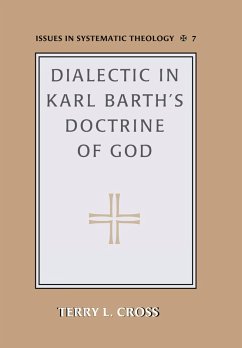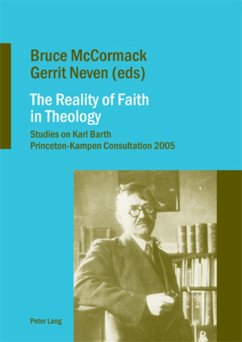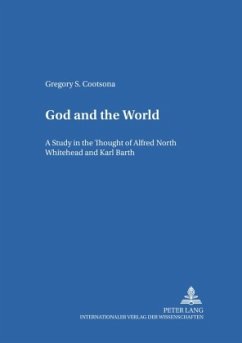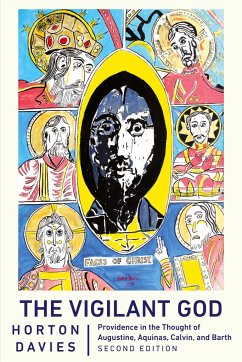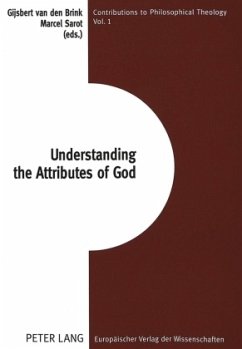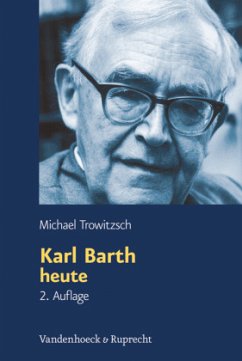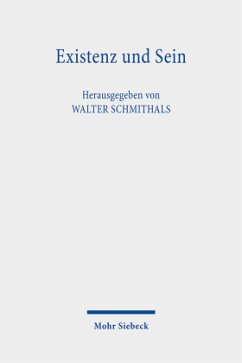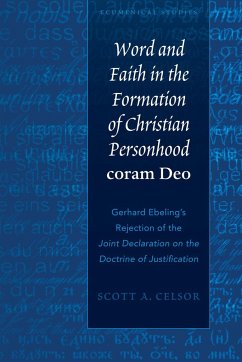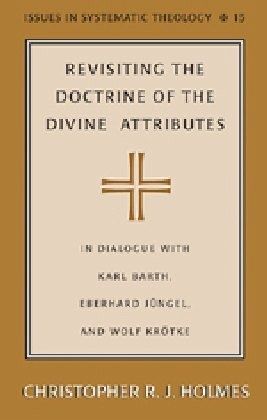
Revisiting the Doctrine of the Divine Attributes
In Dialogue with Karl Barth, Eberhard Jüngel, and Wolf Krötke
Versandkostenfrei!
Versandfertig in 6-10 Tagen
73,95 €
inkl. MwSt.

PAYBACK Punkte
0 °P sammeln!
There is growing recognition that an account of God's attributes is central to the church's proclamation. This study presents three probing twentieth-century accounts - those of Karl Barth, Eberhard Jüngel, and Wolf Krötke - each of whom reformulated the classical shape of the doctrine. Giving particular attention to the divine glory, the case is made that God, rather than being an unthinkable and unspeakable horizon, is the glorious One, whose glory is his self-communication and the unifying horizon of attribution.



